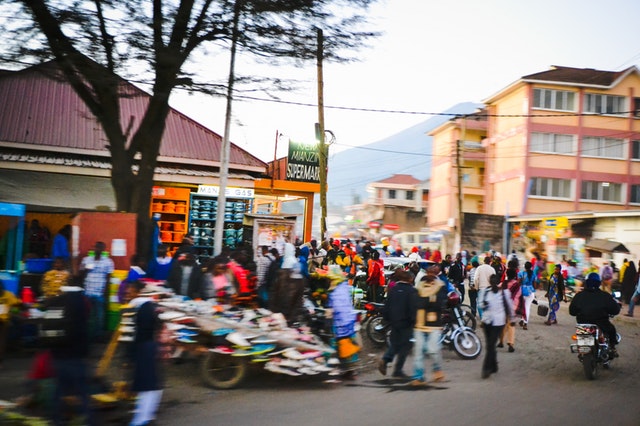Africa is an emerging market as far as retailing is concerned. The sector has huge growth potentials in Africa since the activity covers day-to-day merchandising for food, clothing, consumer goods, electronics, luxury items and more. The retail segment contributes immensely to a country’s GDP and helps in raising its income level as it caters to almost all income segments in its vicinity.
Africa is a combination of 54 independent countries, and home to more than 1 billion people, which is expected to more than double by 2050. The demographics of the continent is extremely diverse with different income levels, religions and languages, resulting in very different and unique consumption patterns that differ across regions. In 2018, the retail business in Africa generated business exceeding USD 500 billion. The established or prominent markets being South Africa, Egypt, Morocco, Algeria and Nigeria that generated sizeable retail revenues.
Understanding the demographics, diverse culture and market demand are the key factors in determining the revenue potentials in retailing, and more so for Africa. Success would, hence, typically depend upon the following major factors:
- Availability of raw materials and hassle-free procurement
- Local logistics setups like road, bus and rail connectivity
- Economical transportation costs
- Availability of workforce
- Good internet connectivity for cashless payments
- Demand for the goods across the urban population and the middle-income levels among the masses
- Availability of satisfactory real estate for setting up the retail outlet
Majority of the retail business in Africa is informal, not organised and remains fragmented. Nigeria is one of them with 90% retailing being conducted in the informal segment. The growth of population in the African cities also offers a huge potential for lucrative retailing. Nigeria, Angola and Ghana will likely have more than 80% urban population in the near future. Also, as per estimates, Gabon with a population of over 1.6 million has the highest per capita income in Sub-Saharan Africa, i.e. beyond $21000, thereby topping the list of developing retail markets followed by Botswana, Angola and Nigeria. The South African retail market is saturated in comparison.
The improving internet connectivity in the continent would also impact the growth of retailing, ushering in the conveniences of online shopping, online bill payments, et al.
From an investment point of view, there are several dedicated market research agencies who share information and provide valuable advice on retailing in Africa. The other option would be to visit the respective countries and conduct your own surveys by interacting with the local people to understand their exact demands. The Times of Africa also has an on-ground team set up in Africa that can help you to get hands-on with retailing opportunities in Africa.




